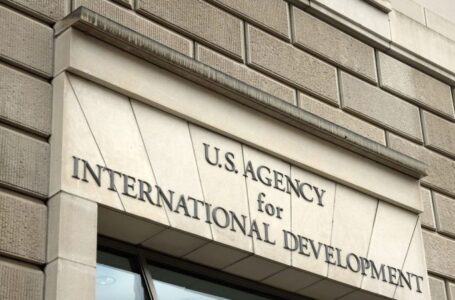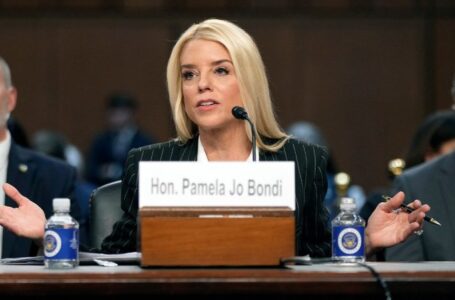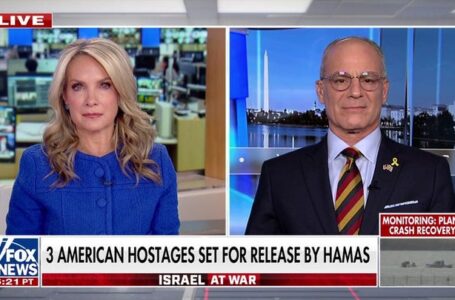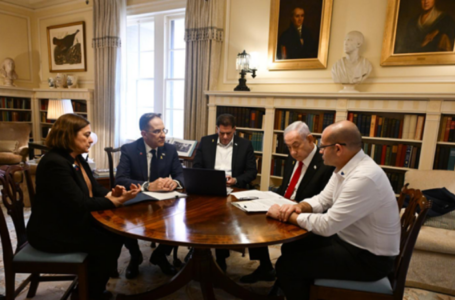USAID missions overseas ordered to shut down, staff being recalled: report
AMLC requires firms to report even attempted suspicious transactions


THE Anti-Money Laundering Council (AMLC) has required designated non-financial businesses and professions (DNFBPs) to report all suspicious transactions, whether completed or even just an attempt, as part of the fight against “dirty money” and terrorism financing.
AMLC’s Regulatory Issuance No. 2 amended the 2021 Financing Guidelines for DNFBPs which required them to file all covered and suspicious transaction reports (CTR/STR) with the dirty money watchdog.
“DNFBPs shall file all CTRs and STRs, in accordance with the registration and reporting guidelines of the AMLC. STRs shall cover all transactions, whether completed or attempted,” the AMLC said.
The AMLC has earlier said that the DNFBPs guidelines apply to jewelry dealers, lawyers, law firms and accountants. It also includes company service providers that act on behalf of juridical persons or arrangements, or manage and arrange clients’ funds, investments and securities.
Under the guidelines, DNFBPs should file suspicious transaction reports to the AMLC on the next working day after the incident occurred.
DNFBPs are given five working days to report all covered transactions, unless the AMLC prescribed a different period within the next 15 days from the occurrence of the incident.
“DNFBPs shall… decide with finality whether to file an STR with the AMLC should the suspicion or suspicious nature of the transaction or activity be duly established or determined, or otherwise to document the non-filing thereof,” the AMLC said.
“Should a transaction be determined to be both a covered transaction and a suspicious transaction, it shall be reported as a suspicious transaction,” it added.
Meanwhile, lawyers and accountants are required to report any suspicious or unlawful activity to the AMLC, pursuant to Section 12, Canon 2 of the Code of Professional Responsibility and Accountability.
Lawyers and accountants who provide services as a business to third parties are also required to file CTRs and STRs to the AMLC if an incident occurs.
The AMLC assured that lawyers will not violate their duty of confidentiality when they disclose covered and suspicious transactions to the AMLC.
“No administrative, criminal or civil proceedings shall lie against any person for having made a covered transaction or suspicious transaction report in the regular performance of his/her duties and in good faith, whether or not such reporting results in any criminal prosecution under the AML Act or any other Philippine law,” the AMLC said.
However, independent lawyers and accountants who work for a private firm or act as a sole practitioner by providing purely legal and accounting services to clients are not required to file CTRs and STRs, it added.
The Financial Action Task Force (FATF) describes DNFBPs as a group of entities that are involved in activities outside of the traditional financial sector but have the potential to be exploited for money laundering, terrorist financing, or other illicit financial activities.
The Philippines is hoping to exit the FATF’s “gray list” of jurisdictions under increased monitoring for dirty money risks by January next year. It has been on the gray list since June 2021.
To be removed from the gray list, the country committed to comply with several action plan items.
The FATF in its October update said the Philippines should continue to demonstrate effective risk-based supervision of DNFBPs and ensure that supervisors are using the proper anti-money laundering controls to mitigate risks associated with casino junkets.
It also said the Philippines should enhance and streamline law enforcement agencies’ access to beneficial ownership information and ensure accurate and up-to-date information.
The FATF noted the Philippines should also increase investigation and prosecution of cases related to money laundering and proliferation financing. — Keisha B. Ta-asan











